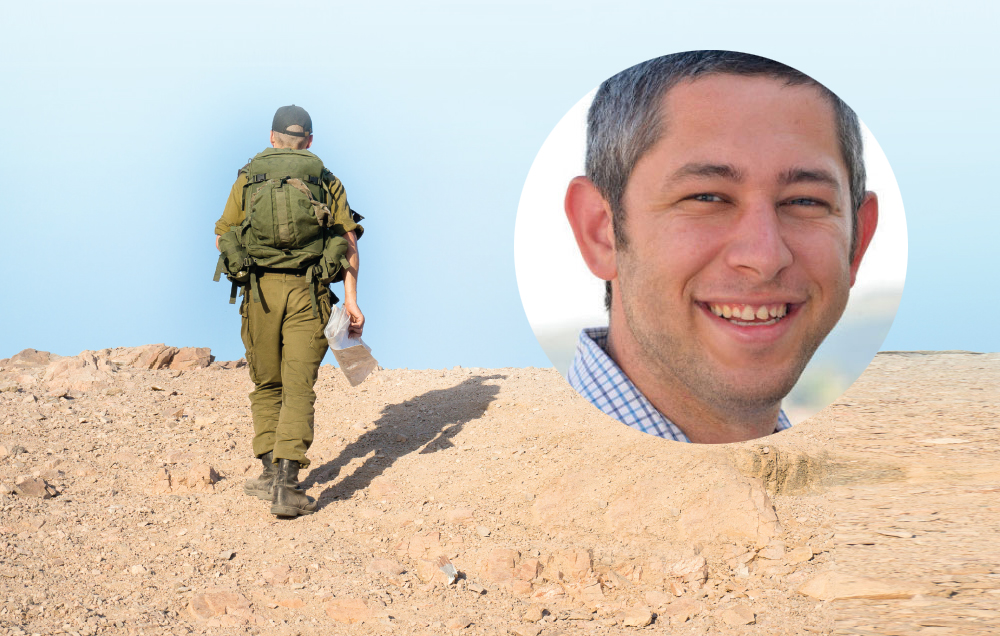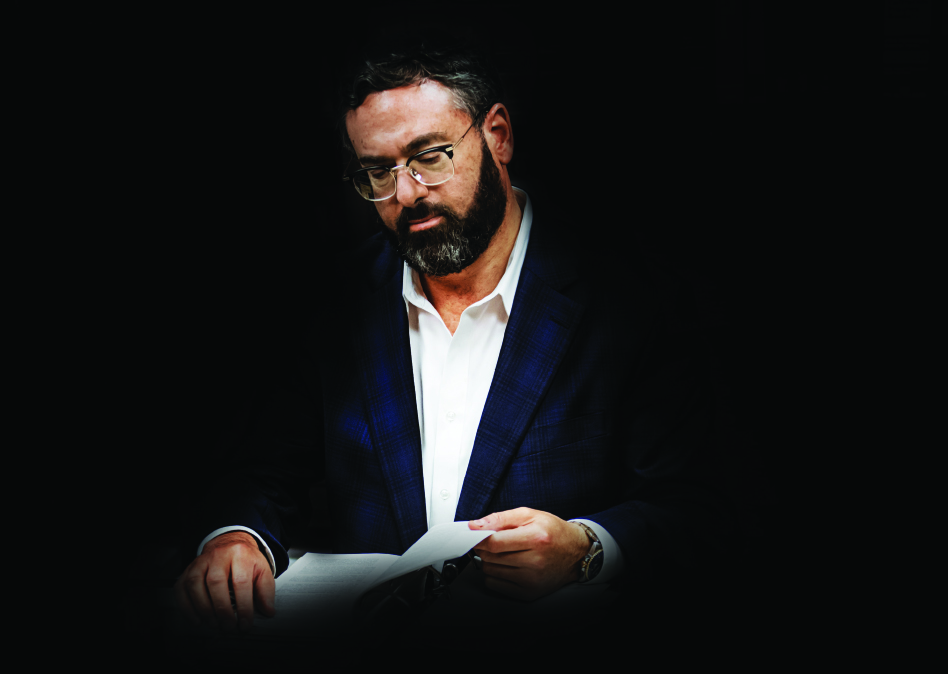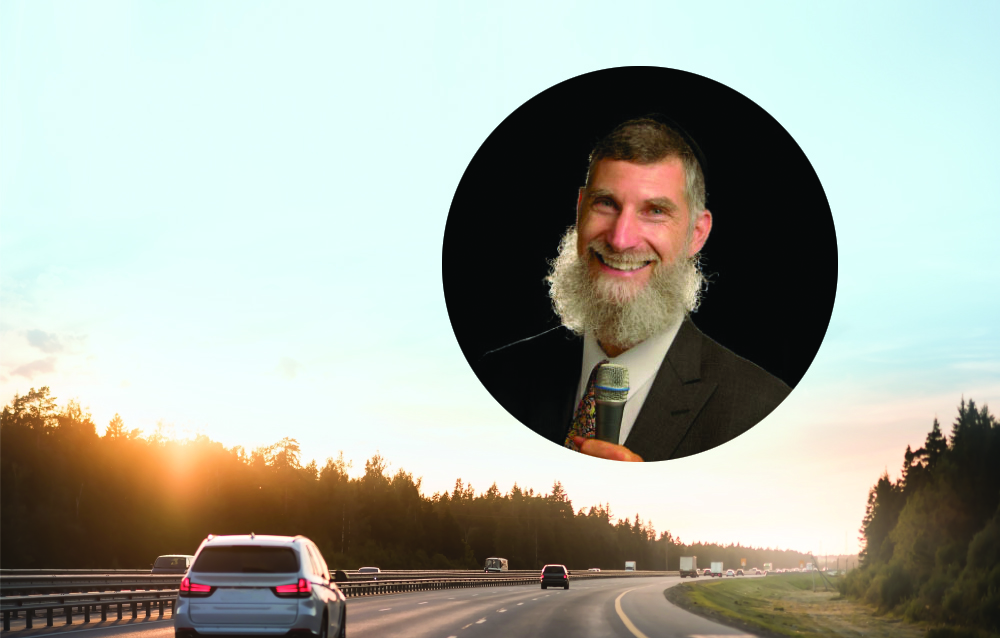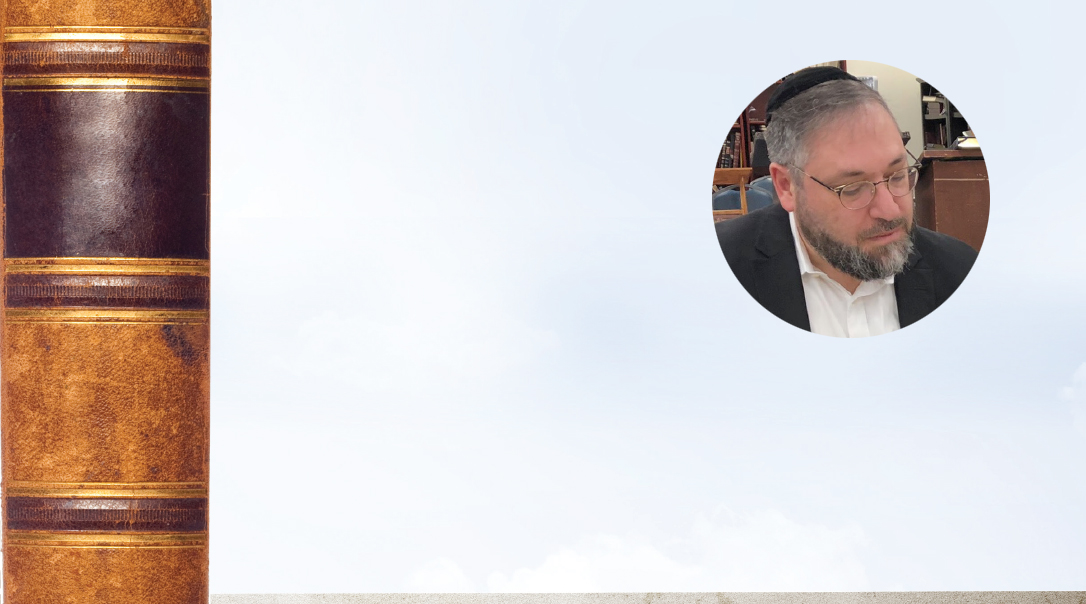Loud and Clear
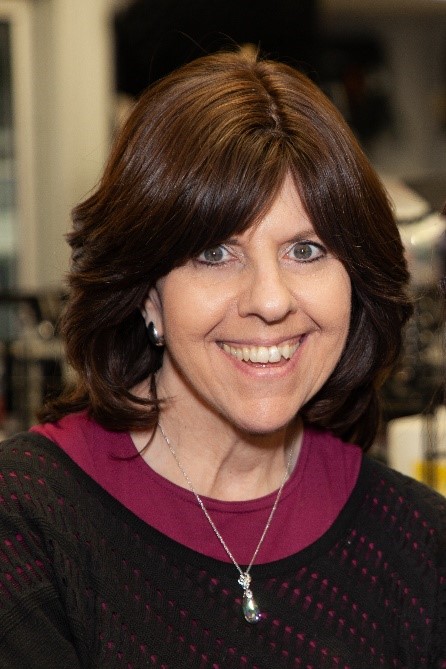
The Time I Almost Gave Up Daf Yomi
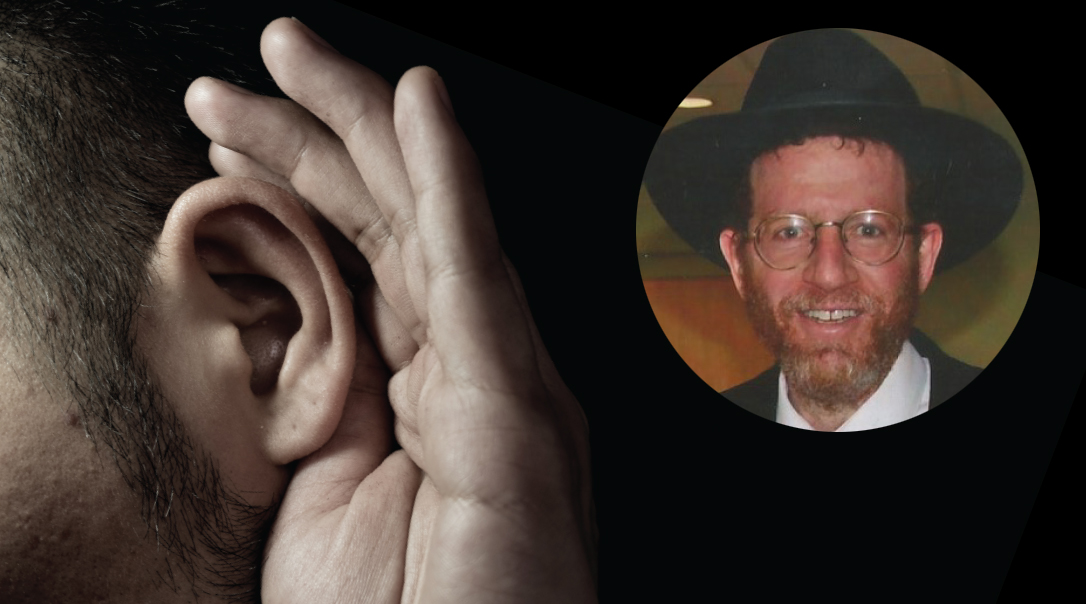
As told to Margie Pensak by Rabbi David Kastor
I
t took me an entire year to get through my first blatt of Gemara.
I became shomer Torah u’mitzvos at age 27; my only background in learning was Sunday school. I am also hearing impaired. Those two life circumstances meant I was doubly challenged when I decided to learn daf yomi in a hearing world.
My daf yomi story began a year after I graduated from Gallaudet University in Washington, D.C., in 1986 with a bachelor’s degree in computer science. I decided to spend some time at Yeshivas Ner Israel in Baltimore, shortly after becoming frum. There in the beis medrash, I met another hearing-impaired man, Rabbi Chaim Tzvi Kakon. I watched in awe as he exerted almost superhuman effort to push past the limits of his impairment and master Gemara. (Rabbi Kakon now serves as rosh yeshivah of Yeshivas Nefesh Dovid in Toronto, a yeshivah that services bochurim with hearing impairments.)
I found several chavrusas who were invaluable to my growth. One of those chavrusas, Rabbi Binyamin Travis, played a pivotal role. Not because he was sweet and easygoing — but because he was tough on me. He encouraged me to review the Gemara again and again until I could honestly say I understood it.
Although I did well in college, learning Gemara was an entirely unprecedented challenge with many ups and downs. When I began learning, I had no knowledge of Aramaic, no background in Gemara, no familiarity with the words. I’d been thrust into a foreign world with a foreign language and foreign currency — and I didn’t have the auditory tools to find my way.
I struggled to piece together each individual syllable just to vocalize a single word. It was a painstaking process, an incredible amount of labor without much fruit.
“Was it really worth it for me to spend an hour trying to even say two lines of Gemara until I figured out what the words are?” I asked Rabbi Travis. “What’s the value of spending two months on one blatt of Gemara? What did we gain? Look how little we’re doing; look how little we’re accomplishing!”
“You’re making a mistake,” Rabbi Travis told me. “You’re judging this whole process by the output. But that’s not how HaKadosh Baruch Hu operates.” Then he retold a famous story about Rav Moshe Feinstein ztz”l, who spent one year learning a blatt of Gemara and made a siyum on it.
But I’d look around the beis medrah and see bochurim ten years younger than me making steady progress. “Look at these bochurim!” I told Rabbi Travis. “They’re turning another page, turning another page, turning another page!”
”HaKadosh Baruch Hu doesn’t measure,” he said. “Torah is vast. Even someone who spends his whole life learning is only scratching the surface. These bochurim may be making a siyum on a masechta and just scratching the surface. For you, you are finishing a few blatt, but in relative terms, what they are doing is not necessarily more than what you are doing, because they are only just scratching the surface themselves.”
My comparison was missing an all-important factor, Rabbi Travis said. The Mishnah tells us that “l’fum tzara agra” — the reward is in proportion to the toil. HaKadosh Baruch Hu doesn’t measure quantity, He measures quality. When it came to my learning, “quality” refers to the effort I invested. As long as I put in effort, I would be rewarded. It doesn’t matter that my achievement might seem small and insignificant in the eyes of the world — because it is infinitely precious to HaKadosh Baruch Hu.
Last February, after 30 years of much toil in learning Gemara, I celebrated my own siyum haShas at the home of my chavrusa, Rabbi Doniel Hexter, in Baltimore. Over the course of those 30 years, I learned that it’s okay to find your own path to that Hadran Alach. For me, it meant learning on my own or with a chavrusa instead of at a shiur. If I joined a daf yomi shiur, I would have to have an interpreter. I also availed myself of the ArtScroll elucidated text to learn through the entire Shas.
Among the speakers at my siyum, which included Rabbi Shraga Neuberger, ra”m at Yeshivas Ner Israel, and Rabbi Yosef Berger, rav of Kehillas Kol Torah, perhaps most moving was the speech given by my son, Binyamin. He emphasized my ratzon to learn, testifying that whenever I was not working, I was learning. Indeed, my learning has become a family affair; everyone’s involved in my great desire to learn and shares the credit for what I accomplished.
As for me, I’m well into my second cycle, enjoying the view as I climb yet again up a mountain that once seemed impossibly daunting.
Rabbi David Kastor holds a B.A. in computer science and semichah from Yeshivas Ner Israel. He founded the Ahavas Yisrael School of the Deaf in Frederick, Maryland, and has worked for deaf Jewish outreach, Our Way, as regional representative of Maryland for 31 years.
(Originally featured in 'One Day Closer', Special Supplement, Chanuka/Siyum HaShas 5780)
Oops! We could not locate your form.







